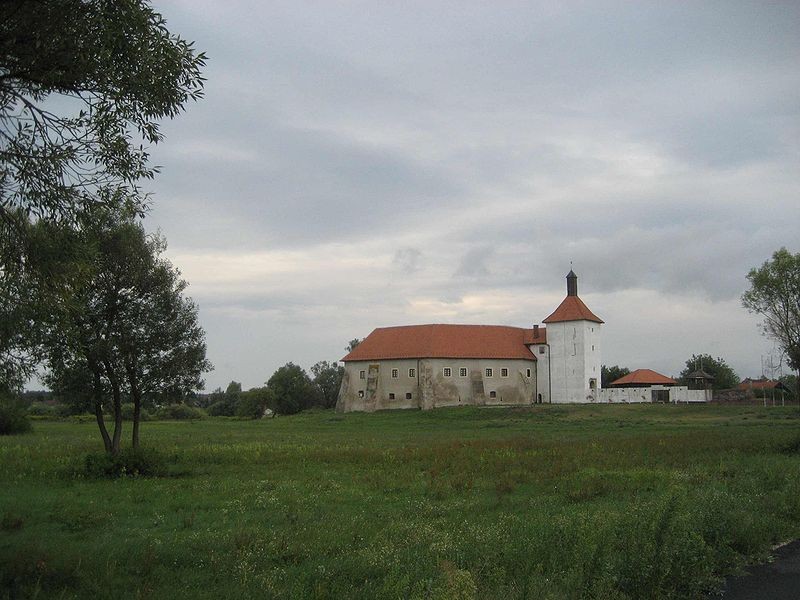9A50P is special callsign of radio club ''Djurdjevac'' will be active from Djurdjevac, Croatia.
They will operate on HF Bands.
QSL via 9A buro.
We use this special callsign throughout the year 2018 to celebrate 50 years of our Legend:
''The Legend About PICOK ''
(PICOK - nickname of the citizens of Djurdjevac)
The legend dates back in the 16th century, of the Turkish invasions to south-east Europe. When Turks eventually reached the Djurdjevac fortress they encountered unexpected resistance. Ulama-beg, the Turkish army leader, decided to siege the town in order to starve the army and the population. He might have succeeded, but the wise people of Djurdjevac outwitted him.
How? Legend has it that food quickly ran out and only one little rooster remained (called PICOK in the Djurdjevac dialect). The helpless situation forced the people to consider various options to save themselves, so one old woman proposed to put the rooster in the cannon and fire it at the Turkish camp, which they did.
Thinking that the town still had so much food that they could fire roosters from cannons, Ulama-beg backed down from his siege and retreated from the battlefield.
As a curse, Ulama-beg called the people of Djurdjevac PICOK (English: roosters).
The legend tells of the courage and prudence of the people of Djurdjevac who are proud of their history, their nickname and their rooster which is still the most common heraldic symbol of this region.

They will operate on HF Bands.
QSL via 9A buro.
We use this special callsign throughout the year 2018 to celebrate 50 years of our Legend:
''The Legend About PICOK ''
(PICOK - nickname of the citizens of Djurdjevac)
The legend dates back in the 16th century, of the Turkish invasions to south-east Europe. When Turks eventually reached the Djurdjevac fortress they encountered unexpected resistance. Ulama-beg, the Turkish army leader, decided to siege the town in order to starve the army and the population. He might have succeeded, but the wise people of Djurdjevac outwitted him.
How? Legend has it that food quickly ran out and only one little rooster remained (called PICOK in the Djurdjevac dialect). The helpless situation forced the people to consider various options to save themselves, so one old woman proposed to put the rooster in the cannon and fire it at the Turkish camp, which they did.
Thinking that the town still had so much food that they could fire roosters from cannons, Ulama-beg backed down from his siege and retreated from the battlefield.
As a curse, Ulama-beg called the people of Djurdjevac PICOK (English: roosters).
The legend tells of the courage and prudence of the people of Djurdjevac who are proud of their history, their nickname and their rooster which is still the most common heraldic symbol of this region.

Djurdjevac, Croatia. Author - kylepounds2001.

Comment